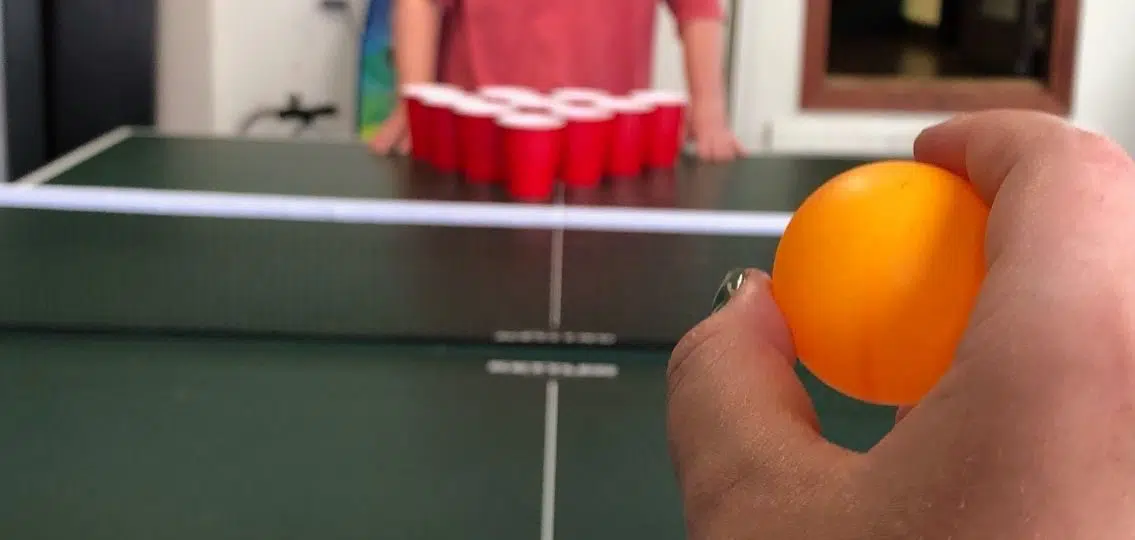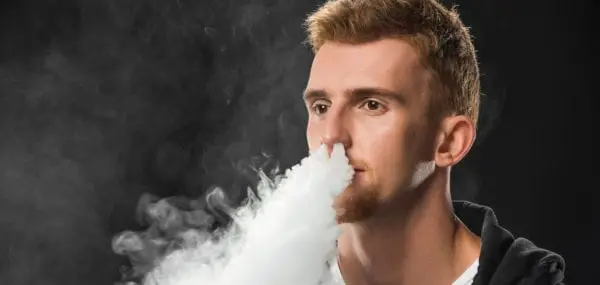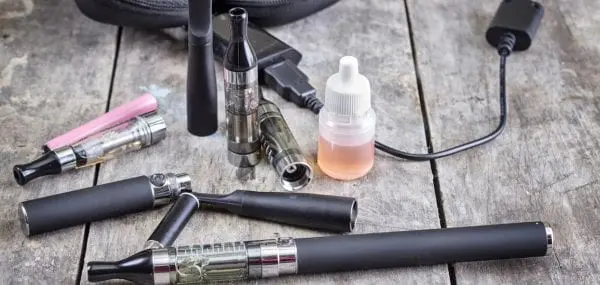Dear Your Teen,
My husband and I left our 17-year-old home alone for 5 days. I gave him clear instructions, starting with, “We trust you.” I said, “You know our rules. No parties in our house. Driving under any influence — not happening. We trust you. Don’t give us any reason to regret this.”
Well, maybe my instructions weren’t so clear. I tiptoed around the obvious. I know that he and his friends are drinking and smoking weed. I’m not surprised. He’s the youngest of four. Whatever I might have believed about my other kids, years later I know the real truth. The “not my kids” story is a lovely naive lore of the past.
When we arrived home, there was beer in the fridge and beer cans in the kitchen garbage.
I was taken aback and said to my son, “Really? Beer cans right in the kitchen garbage?” He answered with two questions that, while arrogant and bold, stumped me. “What? You’d rather I lied? Would it have been better if we drank at someone else’s house?”
I didn’t answer his questions. But my answers are “Yes” to both. I guess I thought the unspoken contract was that he will experiment and engage in risky behavior but he will hide the evidence. And we will look the other way. In my mind, in four short months when he leaves for college, I’ll be out of the decision-making picture anyway.
Thoughts?
EXPERT | Tori Cordiano, Ph.D.
There are actually two issues at hand in this situation. The first involves your son’s drinking and drug use, which parents of older adolescents choose to handle in a variety of ways. While many parents take a strict stance on any substance use, others take the approach you’ve described here – one of realistic acceptance, with specific caveats. The bottom line, of course, is that this behavior is illegal and could land your son (and by extension, you) in hot water. Which brings us to the second issue.
In drinking and permitting others to drink at your house while you were away, your son opened you up to potential liability with the added disadvantage of you being out of the loop of what was happening at home. This part of the situation is less about the illicit behavior and more about your ability to trust your son and his consideration of those around him. This is worth discussing with him on both fronts.
Leaving a 17-year-old alone for a stretch of days indicates a certain level of trust and assurance that he can be expected to make smart, safe choices while you’re away.
This, reasonably, includes that he would refrain from drinking or allowing others to drink in your home for that period of time, particularly if you set that specific expectation before leaving town. In response to your son’s questions about what you would rather have him do, you might remind him that you have a clear-eyed view of his behavior and don’t expect perfection, but you do expect that he would respect your specific rules in situations such as the one you describe.
You mention that in a matter of months, your son will be away from parental supervision at college. Rather than viewing that as reason to let him off the hook for this type of behavior, it can be reframed with him as evidence of his maturity and ability to think about others and carefully consider his decisions. You might be realistic or even accepting about his drinking and marijuana use, but you can also expect that he adhere to reasonable rules designed to keep him and his friends safe when you are out of town.




